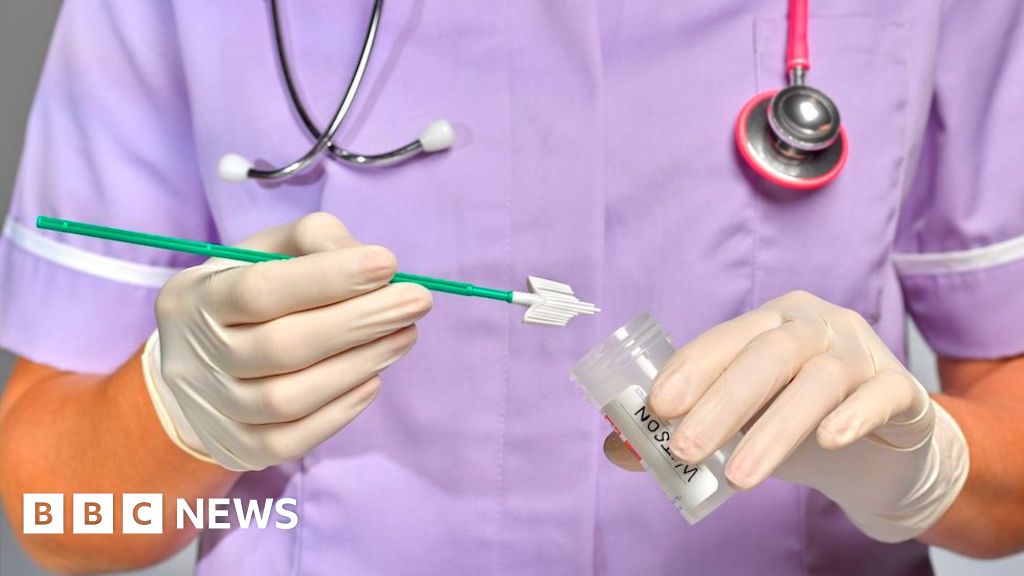New Cancer Research, Risks, and Breakthroughs

Recent scientific studies have shed light on various facets of cancer, from identifying novel causes and risk factors to developing advanced diagnostic tools and potential new treatments. This comprehensive understanding emphasizes the multifaceted nature of cancer and the ongoing efforts to combat its devastating effects across different types, including aggressive forms that disproportionately affect younger populations.
Environmental factors and lifestyle choices continue to emerge as significant contributors to cancer development. Groundbreaking research has linked tiny air pollution particles, specifically PM2.5, to a surge in lung cancer cases among never-smokers, particularly women. These particles can induce cancer-driving DNA mutations and accelerate cellular aging. Similarly, 'forever chemicals' (PFAS), widely present in household items and persistent in the body, have been connected to various cancers, including hormone-sensitive types like breast and ovarian cancer.

Photo Credit: South Wales Chronicles
However, promising studies suggest that certain healthy gut bacteria, such as Odoribacter splanchnicus, may help the body excrete these toxins, paving the way for potential probiotic interventions. Furthermore, long-standing threats like asbestos exposure continue to cause lethal diseases like mesothelioma, often manifesting decades after initial contact in what were once considered 'safe' workplaces.
Obesity is another critical risk factor, with studies indicating that excess fat significantly increases the likelihood of breast cancer in postmenopausal women, especially when combined with heart disease. The prevalence of obesity, often linked to ultra-processed food consumption, is also driving a projected rise in uterine cancer cases and deaths, with a particularly stark increase anticipated among Black women.
Beyond food, alcohol consumption, regardless of type, has been affirmed as a general cancer risk factor. Contrary to popular belief, red wine offers no superior cancer prevention benefits over white wine; in fact, white wine has been associated with a higher risk of skin cancer and overall cancer risk in women. These findings underscore the importance of lifestyle modifications in cancer prevention.
Hormonal influences also play a complex role. New research on hormone replacement therapy (HRT) suggests that while estrogen-only HRT might decrease breast cancer risk in younger women, combined estrogen and synthetic progesterone HRT could increase it. Despite this, experts generally agree that the overall risk remains small and is often outweighed by benefits for menopausal symptoms.
In a reassuring development, a large-scale study involving over 1.5 million British women found little to no association between the combined oral contraceptive pill and liver cancer risk, debunking previous concerns. Advancements in diagnostics and screening are crucial for early detection and improved outcomes. Traditional biopsies, though invasive and stressful, remain vital for accurate diagnosis.
However, innovative technologies are on the horizon, such as high-tech microneedle patches that can provide rapid, less invasive molecular 'fingerprints' of tissues to detect cancers in real-time during surgery (e.g., brain tumors) or in suspicious lesions (e.g., mouth cancer, melanoma). Public health initiatives are also evolving; for cervical cancer, which is primarily caused by the HPV virus, the NHS is introducing DIY home screening kits to boost uptake, especially among underserved groups, and is adjusting screening intervals based on HPV test results.
The importance of regular screenings and the HPV vaccine cannot be overstated, as demonstrated by personal accounts of delayed diagnosis and the significant reduction in cervical cancer deaths attributable to these programs. For skin cancer, a new interactive tool assesses individual risk, emphasizing sun protection and early recognition of melanoma signs.
Additionally, a revolutionary needle-free cancer vaccine is being fast-tracked on the NHS for patients with the deadliest type of skin cancer, aiming to prevent recurrence by boosting immune responses. The collective insights from these studies highlight a dynamic landscape in cancer research, continually striving for better prevention, earlier diagnosis, and more effective, targeted treatments to improve patient outcomes and reduce the global burden of cancer.
Recommended Articles
Rising Bowel & Gut Cancer Cases and Missed Symptoms

A alarming rise in cancer rates among young adults highlights the critical need for awareness and early detection, as of...
England to Offer At-Home HPV Test Kits

England is set to offer at-home HPV tests to women who have delayed cervical screening, a first-time initiative by NHS E...
AIIMS Bilaspur's Healthcare Self-Reliance Goal

AIIMS Bilaspur is rapidly transforming Himachal Pradesh's healthcare landscape, becoming one of the fastest-growing AIIM...
You may also like...
Diddy's Legal Troubles & Racketeering Trial

Music mogul Sean 'Diddy' Combs was acquitted of sex trafficking and racketeering charges but convicted on transportation...
Thomas Partey Faces Rape & Sexual Assault Charges

Former Arsenal midfielder Thomas Partey has been formally charged with multiple counts of rape and sexual assault by UK ...
Nigeria Universities Changes Admission Policies

JAMB has clarified its admission policies, rectifying a student's status, reiterating the necessity of its Central Admis...
Ghana's Economic Reforms & Gold Sector Initiatives

Ghana is undertaking a comprehensive economic overhaul with President John Dramani Mahama's 24-Hour Economy and Accelera...
WAFCON 2024 African Women's Football Tournament

The 2024 Women's Africa Cup of Nations opened with thrilling matches, seeing Nigeria's Super Falcons secure a dominant 3...
Emergence & Dynamics of Nigeria's ADC Coalition

A new opposition coalition, led by the African Democratic Congress (ADC), is emerging to challenge President Bola Ahmed ...
Demise of Olubadan of Ibadanland
Oba Owolabi Olakulehin, the 43rd Olubadan of Ibadanland, has died at 90, concluding a life of distinguished service in t...
Death of Nigerian Goalkeeping Legend Peter Rufai

Nigerian football mourns the death of legendary Super Eagles goalkeeper Peter Rufai, who passed away at 61. Known as 'Do...